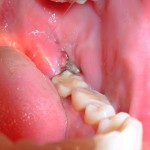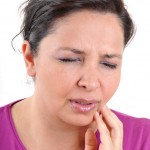
Parenting is a tough gig. As a mum of three, I can honestly say that nothing in my everyday professional life comes close to the trials and tribulations of guiding small people through toddlerhood and beyond. Parenting advice comes thick and fast from all corners, most of it unsolicited, some of it anecdotal, much of [read the full story…]











